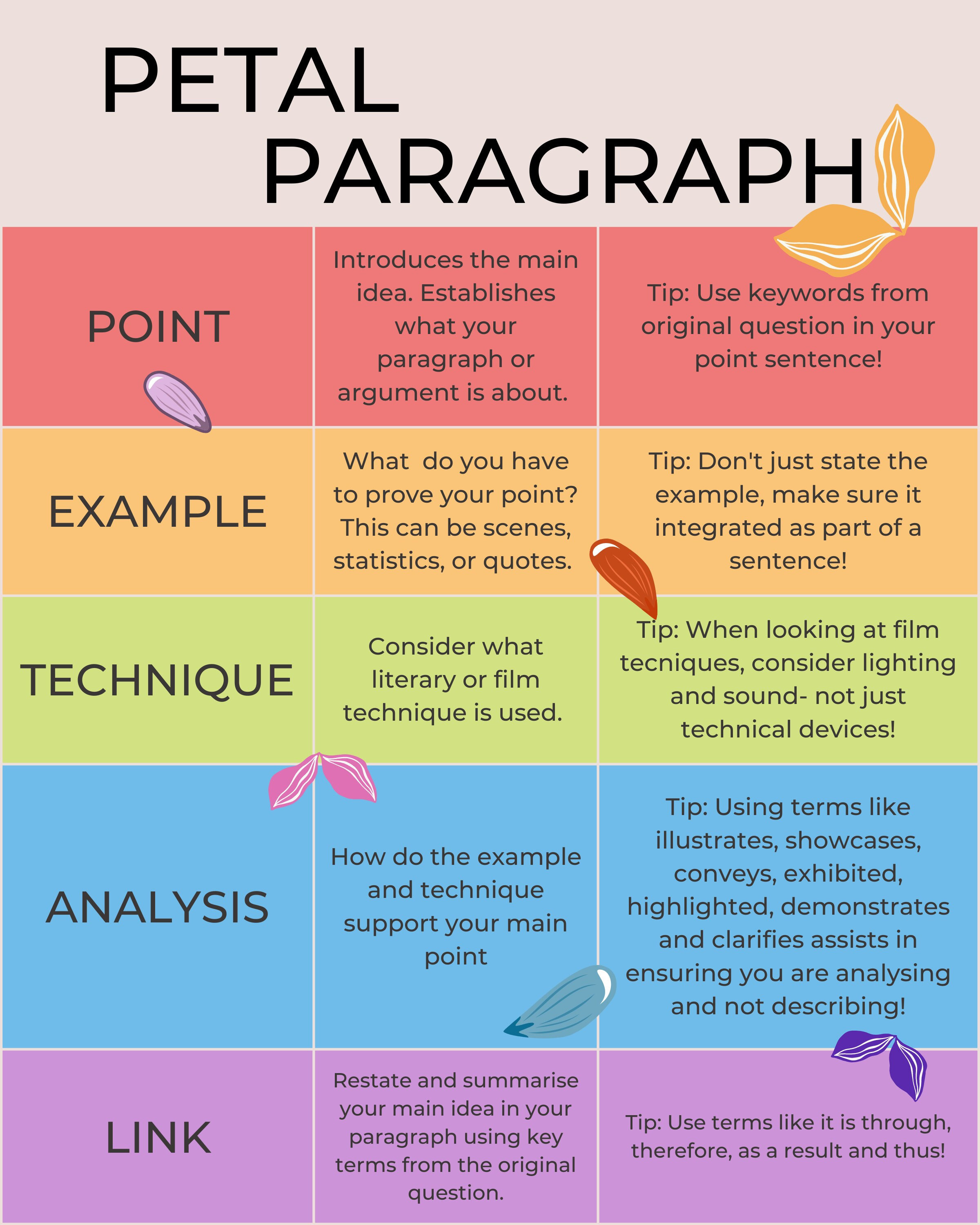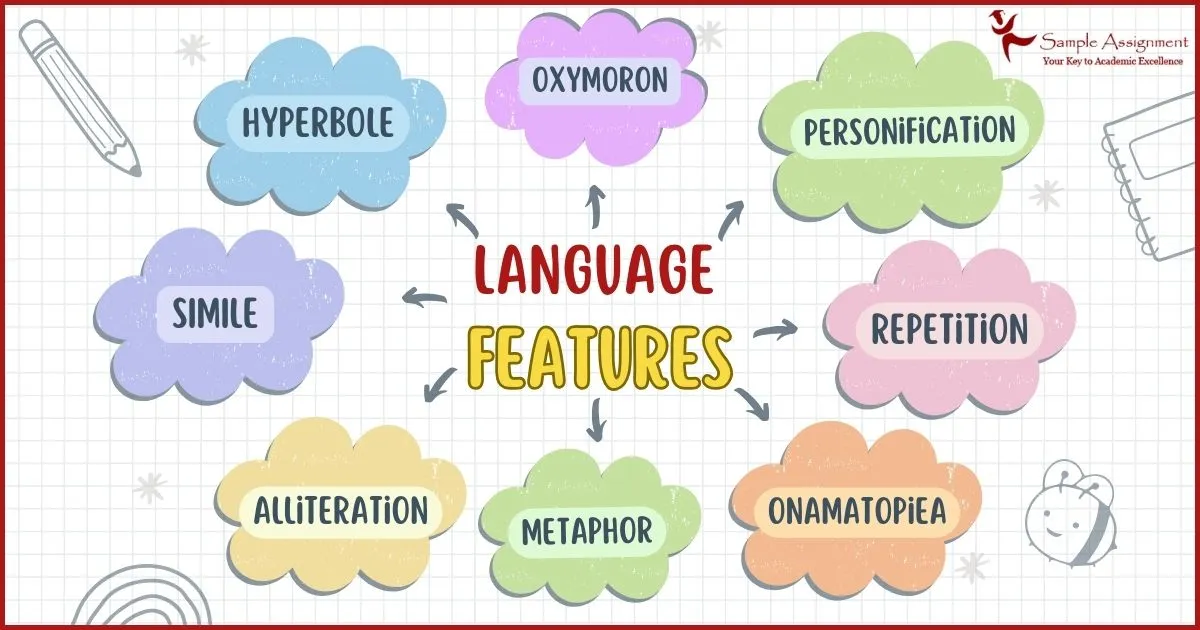
Are you struggling with GCSE English? Feeling overwhelmed by exam anxiety and unsure how to structure your essays effectively? You’re not alone. Many students face these challenges, but the good news is that there’s a solution. As an experienced GCSE English online tutor specialising in exam techniques and stress management, I’m here to guide you through actionable tips and strategies that will help you excel in your GCSE English exams.
Understanding the Exam Syllabus – GCSE English Online

The GCSE English exam can seem daunting, but understanding the syllabus is the first step to mastering it. The exam typically includes analysis of literature (like Macbeth, An Inspector Calls, Of Mice and Men, A Christmas Carol), creative writing, and comprehension tasks. Familiarise yourself with these texts and their themes, as well as the assessment objectives. Knowing what the examiners are looking for will give you a significant advantage.
Essay Structures: PETAL and PEE for GCSE English Literature Online
The PETAL Method

PETAL stands for Point, Evidence, Technique, Analysis, and Link. This structure helps you create coherent and comprehensive paragraphs. Let’s break it down:
- Point: Make a clear and concise statement related to the question.
- Evidence: Provide a quotation or example to support your point.
- Technique: Identify the literary technique used in the evidence.
- Analysis: Explain how the technique and evidence support your point.
- Link: Connect back to the question or the next paragraph.
The PEE Method

PEE is a simpler version: Point, Evidence, Explanation. It’s straightforward but effective for shorter answers or less complex analysis.
High-Level Language and Structure Features for Grade 9 in GCSE English Literature

Achieving a grade 9 requires more than just a basic understanding of the texts. You need to demonstrate a high level of analysis and sophisticated use of language and structure. Here are some key features to incorporate into your writing:
- Imagery: Use vivid descriptions to create strong mental pictures.
- Symbolism: Identify and discuss symbols used in the text.
- Tone: Analyse the author’s attitude and how it affects the reader.
- Varied Sentence Structures: Use a mix of short and long sentences for effect.
Actionable Tips for Analysing Texts in GCSE English Online
Example Analysis: Grade 9 vs. Grade 4 Responses
To illustrate the difference between a grade 9 response and a grade 4 response, let’s analyse a quotation from Macbeth.
Quotation: “Out, out brief candle! Life’s but a walking shadow.”
Grade 9 Response
In Shakespeare’s Macbeth, the quotation “Out, out brief candle! Life’s but a walking shadow” is laden with profound meaning. Here, Macbeth reflects on the fleeting nature of life through the metaphor of a “brief candle.” The candle symbolises the fragility and ephemerality of existence, which can be snuffed out abruptly. The use of “walking shadow” further emphasises the insubstantial and elusive nature of life. Shadows, which lack substance and are cast momentarily, parallel the transitory and often meaningless journey of human life, especially as Macbeth sees it. This imagery powerfully conveys Macbeth’s deep despair and nihilism. The repetition of “out” mirrors his growing sense of hopelessness and the inevitability of death. Additionally, the sombre tone underscores the futility Macbeth feels after realising the consequences of his unchecked ambition and the resulting chaos. Shakespeare uses these metaphors and the tone to evoke a poignant sense of loss and existential dread, compelling the audience to ponder the significance of their own lives.
Grade 4 Response
In this quote, Macbeth says, “Out, out brief candle! Life’s but a walking shadow.” He is talking about how life doesn’t last long. The candle going out means life ends quickly, and a shadow is something that isn’t real and doesn’t stay. This shows that Macbeth feels sad and thinks life isn’t important. He is upset because of all the bad things that have happened to him. Shakespeare uses these words to show how Macbeth feels.

Differences Between Grade 9 and Grade 4 Responses
🔍 Depth of Analysis:
- Grade 9: Detailed exploration of the metaphors “brief candle” and “walking shadow,” explaining their symbolic meanings and connecting them to broader themes.
- Example: “The candle symbolises the fragility and ephemerality of existence, which can be snuffed out abruptly. The use of ‘walking shadow’ further emphasises the insubstantial and elusive nature of life.”
- Grade 4: Basic explanation of the metaphors without deep exploration.
- Example: “The candle going out means life ends quickly, and a shadow is something that isn’t real and doesn’t stay.”
📚 Use of Literary Terms:
- Grade 9: Utilises advanced literary terms such as metaphor, imagery, and tone. Discusses how these elements contribute to the overall meaning and themes.
- Example: “This imagery powerfully conveys Macbeth’s deep despair and nihilism. The repetition of ‘out’ mirrors his growing sense of hopelessness.”
- Grade 4: Uses simpler language and fewer literary terms, mainly focusing on a straightforward explanation.
- Example: “This shows that Macbeth feels sad and thinks life isn’t important.”
🔗 Connection to Themes:
- Grade 9: Connects the analysis to broader themes of despair, nihilism, and the consequences of ambition, demonstrating an understanding of the text’s deeper messages.
- Example: “Additionally, the sombre tone underscores the futility Macbeth feels after realising the consequences of his unchecked ambition and the resulting chaos.”
- Grade 4: Identifies basic emotions like sadness and the idea that life is short without linking these to broader themes.
- Example: “He is upset because of all the bad things that have happened to him.”
📝 Use of Evidence:
- Grade 9: Quotes specific phrases and explains their significance in detail, providing a nuanced interpretation.
- Example: “The repetition of ‘out’ mirrors his growing sense of hopelessness and the inevitability of death.”
- Grade 4: Mentions the quote and its general meaning without delving into detailed textual evidence.
- Example: “Macbeth says, ‘Out, out brief candle! Life’s but a walking shadow.’ He is talking about how life doesn’t last long.”
🗣️ Expression and Clarity:
- Grade 9: Articulates ideas clearly and coherently, with a sophisticated vocabulary and structured argument.
- Example: “Shakespeare uses these metaphors and the tone to evoke a poignant sense of loss and existential dread, compelling the audience to ponder the significance of their own lives.”
- Grade 4: Uses simpler expression with basic vocabulary. The argument is less structured and lacks depth.
- Example: “Shakespeare uses these words to show how Macbeth feels.”
By examining these differences, it becomes clear how a deeper understanding of literary techniques, themes, and textual evidence can elevate a response from a grade 4 to a grade 9 level. With practice and guidance, any student can develop these skills and improve their analytical writing.
Effective Revision and Practice for GCSE English Online

One of the biggest mistakes students make is passive revision—simply reading through notes without actively engaging with the material. To guarantee you’re going to forget what you revise, just highlight your notes and never test yourself. Seriously, if you want to fail, do this.
But if you’re aiming for success, active recall is your best friend. Practice past papers, write timed essays, and use flashcards to test your knowledge. Regular practice will help you become familiar with the exam format and improve your time management skills.
Stress Management Strategies – GCSE English Online

Exams can be stressful, but there are ways to manage your anxiety. Practice mindfulness exercises, such as deep breathing or meditation, to stay calm and focused. Create a balanced study schedule that includes regular breaks and time for relaxation. Remember, it’s important to take care of your mental health as well as your academic performance.
Real-Life Success Stories with GCSE English Tutors Online

We had a student, Emily, who was struggling with exam anxiety and was stuck at a grade 5. By incorporating these strategies, she managed to turn things around. She started using the PETAL structure in her essays and focused on analysing high-level language features. With regular practice and stress management techniques, Emily achieved a grade 9 in her final exam. Her success story is a testament to the effectiveness of these methods.
Conclusion
Achieving a grade 9 in GCSE English is within your reach. By understanding the exam syllabus, mastering essay structures, incorporating high-level language features, and managing your stress, you can excel in your exams. Remember, it’s all about practice and persistence.
If you’re ready to take your English skills to the next level, why not sign up for a free 30-minute lesson? Our experienced GCSE English online tutors are here to help you every step of the way. With personalised guidance and support, you can go from a grade 5 to a grade 9. It’s unreasonable not to achieve your goals when you have the right strategies in place.

Ready to boost your grades? Sign up for a free 30-minute lesson today and start your journey to GCSE English success. Our tutors are here to help you +2 your grade within 4 months. Don’t wait—take the first step towards achieving your academic goals now.





